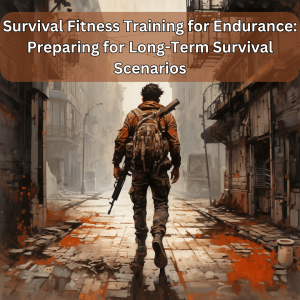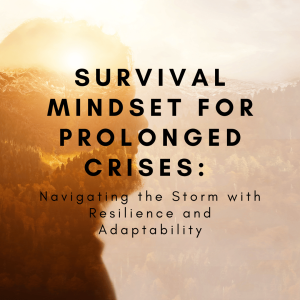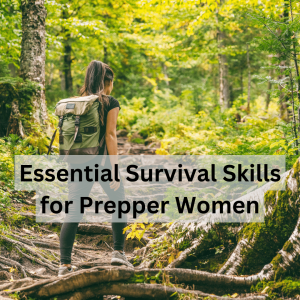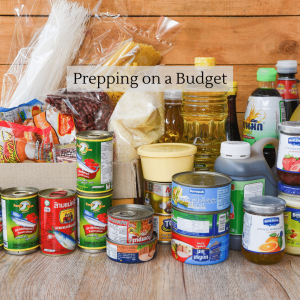In a world filled with uncertainties and potential crises, prepping has become a popular way to ensure personal and family security. Preppers are individuals who take proactive measures to prepare for various emergencies, from natural disasters to economic downturns. While stockpiling supplies and honing survival skills are crucial aspects of prepping, it’s equally important to prioritize physical fitness. After all, being physically capable can make a significant difference in survival situations. To help preppers reach their peak physical condition, we present ten fitness challenges designed to push their physical limits.
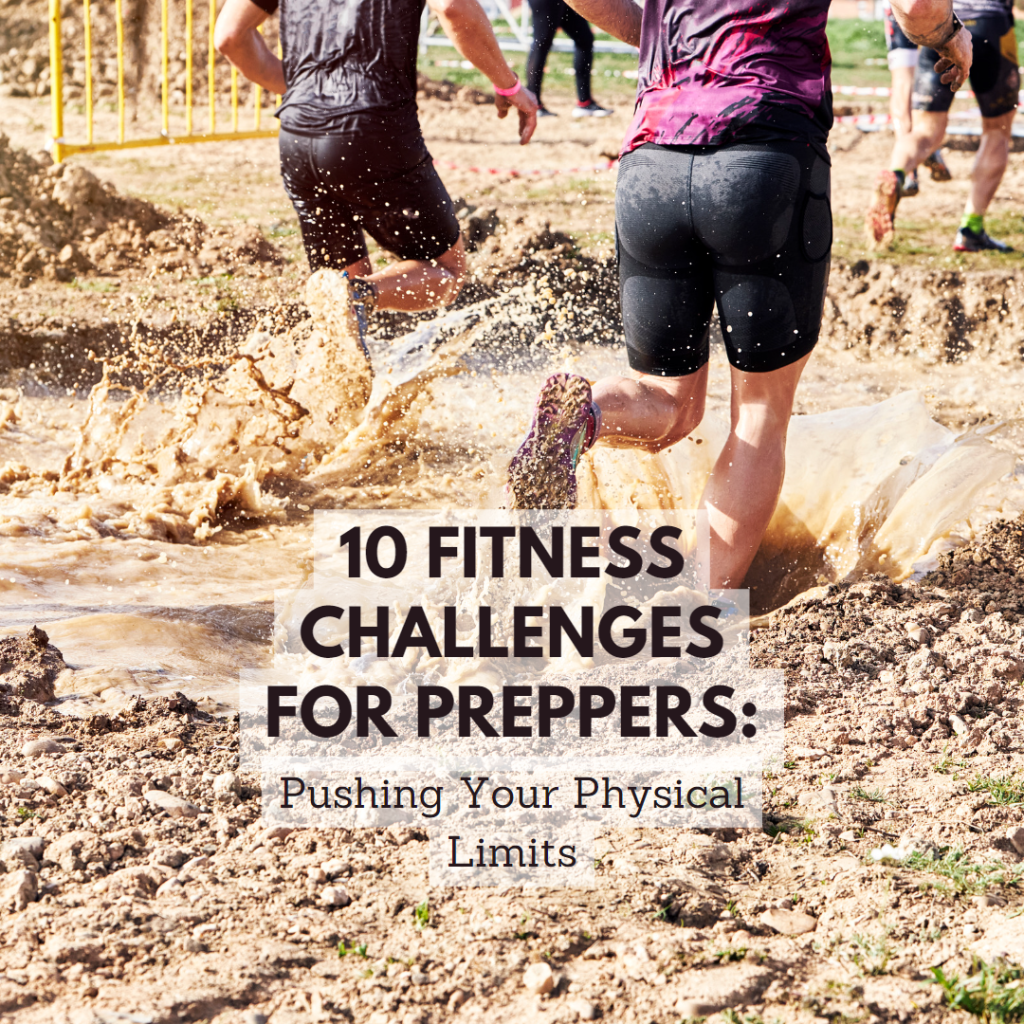
10 Fitness Challenges for Preppers:
- Endurance Run: Challenge yourself to complete a long-distance run, such as a half-marathon or even a full marathon. Running tests your cardiovascular fitness, mental stamina, and endurance. This challenge will prepare you for scenarios where you might need to cover vast distances on foot.
- Strength Training Circuit: Create a circuit workout routine that focuses on building strength and muscle endurance. Incorporate exercises such as push-ups, squats, lunges, pull-ups, and planks. Perform each exercise for a set period or number of repetitions before moving on to the next one. This challenge will enhance your overall strength and improve your ability to perform physically demanding tasks.
- Rucksack March: Load a backpack with a considerable amount of weight (start with 20 pounds and gradually increase) and embark on a long hike. This challenge mimics the need to carry essential supplies during an emergency evacuation. The rucksack march improves your cardiovascular fitness, strengthens your back and leg muscles, and develops mental resilience.
- Obstacle Course Race: Participate in an obstacle course race, such as a Tough Mudder or Spartan Race. These races combine running with various physical challenges, including climbing walls, crawling under obstacles, and overcoming water obstacles. This challenge will test your strength, agility, and mental fortitude while simulating real-world obstacles you might encounter during emergencies.
- Waterborne Fitness: Develop your swimming skills by engaging in water-based fitness challenges. These can include swimming long distances in open water, treading water for extended periods, or mastering different strokes. Becoming a proficient swimmer is invaluable in situations involving floods, water-based emergencies, or access to alternate sources of water.
- High-Intensity Interval Training (HIIT): HIIT workouts involve short bursts of intense exercise followed by brief recovery periods. Incorporate exercises like sprints, burpees, jumping jacks, and mountain climbers into your routine. This challenge enhances your cardiovascular fitness, improves your metabolic conditioning, and boosts your endurance.
- Vertical Climbing: Find a local rock climbing gym or outdoor climbing spot and challenge yourself to climb vertically. Rock climbing tests your upper body strength, grip, balance, and mental focus. This challenge prepares you for situations where you might need to scale heights or traverse rugged terrain.
- Wilderness Survival Training: Enroll in a wilderness survival course where you’ll learn essential skills like fire-making, shelter-building, foraging, and navigation. This challenge not only enhances your survival skills but also exposes you to physically demanding situations in a controlled environment.
- Functional Fitness Challenge: Design a functional fitness circuit that incorporates movements specific to emergency situations, such as lifting heavy objects, carrying loads, dragging, and crawling. This challenge focuses on enhancing your ability to perform practical tasks required during crises.
- Overnight Hike: Plan and execute an overnight hike with a fully loaded backpack, covering a significant distance. This challenge tests your endurance, navigation skills, camping abilities, and mental toughness. It prepares you for situations where you might need to hike long distances while carrying essential supplies and setting up camp in the wilderness.
Remember, before embarking on any fitness challenge for preppers, consult with a healthcare professional to ensure you’re physically prepared and capable of undertaking such activities. Start with challenges that align with your current fitness level and gradually progress to more demanding ones. By pushing your physical limits, you’ll become better equipped to handle the physical demands of emergency situations, safeguarding yourself and your loved ones effectively. Stay prepared, stay fit!


